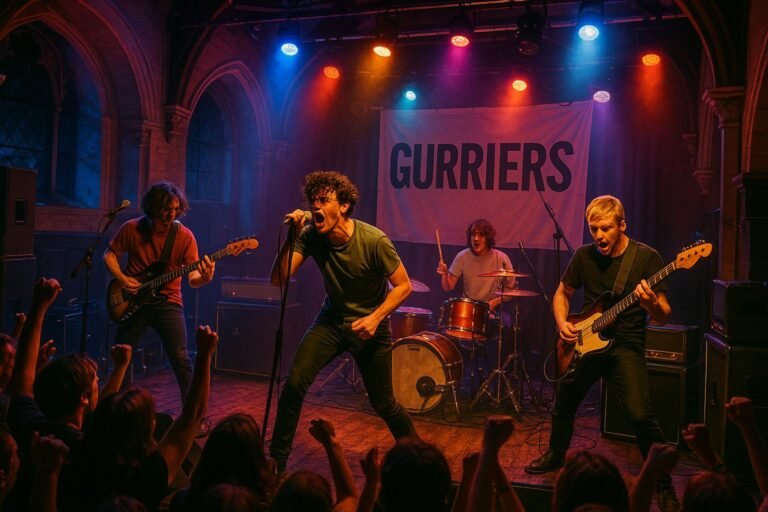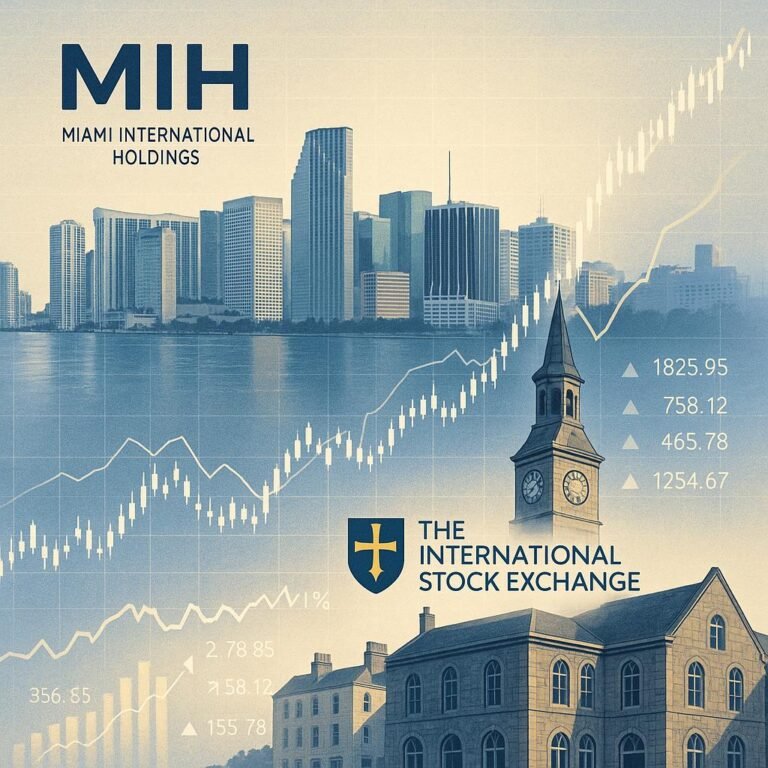Landmark Performance: Banned Play “Theresa” Breaks Decades of Silence in Guernsey
In a significant cultural moment, Julia Pascal’s long-prohibited play “Theresa” will finally be performed in Guernsey, challenging the island’s historical narrative and confronting uncomfortable wartime memories.
A Profound Act of Historical Reckoning
The rehearsed reading, scheduled for April 28 at St James, represents more than a theatrical performance—it is a profound act of historical reckoning. The play, which depicts the deportation of a Jewish woman to Auschwitz during World War II, has been systematically blocked from local stages since 1990.
Controversy Over the Ban
Initially, Guernsey authorities claimed the play’s ban was due to “bad language,” a justification many historians and cultural critics viewed as a transparent attempt to suppress a narrative that exposed the island’s complex collaboration during the Nazi occupation. For more in-depth research, see Theresa: Holocaust Theatre Research – University of Bristol.
A Mirror to Collective Memory
Pascal’s work does not merely recount historical events but serves as a mirror, forcing audiences to critically examine collective memory and moral complicity. The performance, organized in partnership with Jewish Renaissance magazine, signals a potential shift in the island’s approach to its wartime history.
Opportunity for Reflection
The upcoming reading, followed by a community discussion, offers an unprecedented opportunity for reflection. For in-depth academic resources, refer to the Holocaust Theatre Studies PDF – Brill Publications and the Holocaust Theatre Abstract – Brill Publications.
Moving Toward Open Engagement
By finally allowing “Theresa” to be staged, Guernsey demonstrates a tentative but meaningful willingness to engage with its past openly and honestly.
Further Reading
For related articles and perspectives, check out Articles by Neena – Bailiwick Express.
This event transcends mere theatrical performance, representing a nuanced dialogue about historical accountability, artistic freedom, and the ongoing process of collective healing.




